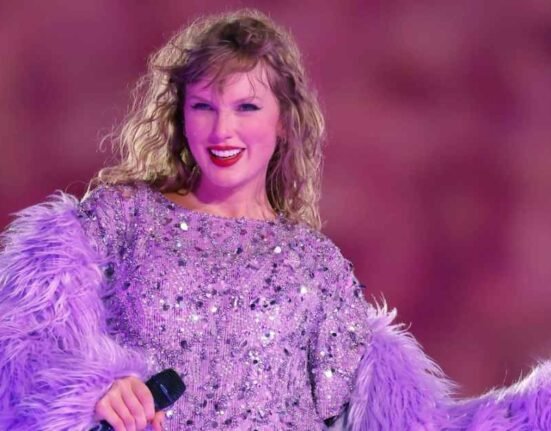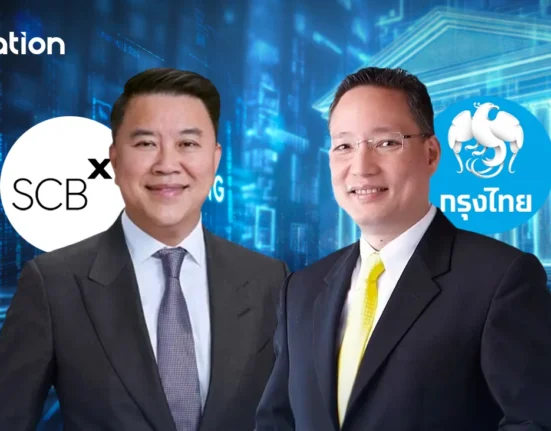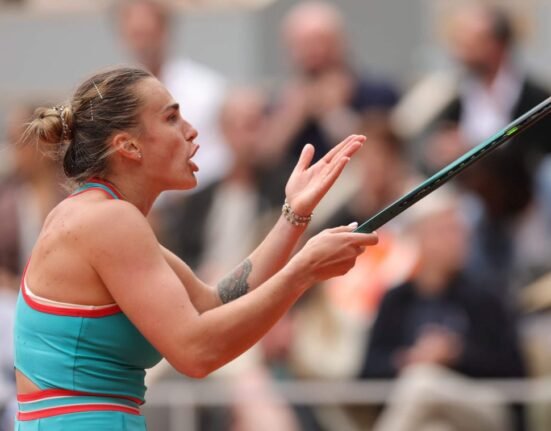“Our intellectual property rights are valuable, and any inability to protect them could reduce the value of our products, services, and brand. Our trade secrets, trademarks, copyrights, patents, and other intellectual property rights are critical to our success.”
That’s an extract from the obligatory risks section of a recent annual report from Block, the fintech firm founded by former Twitter CEO Jack Dorsey. Who has sparked a big debate this weekend by tweeting “delete all IP law” on X.
“I agree,” replied X owner Elon Musk. The most recent annual report from one of his other companies, Tesla, notes that it seeks “to protect the underlying intellectual property rights” of its technology innovations and designs through patents, trademarks, copyrights and other measures.
Unlike another Musk venture, SpaceX – 202 patents at the time of writing since you ask – it isn’t rocket science to point quizzically at tech moguls calling for the system of IP protections that helped them make their billions to be thrown in the bin. But still, it’s a bit on the nose.
Dorsey’s response to a number of replies to his tweet suggests that his view is partly because he thinks that “execution and speed matters more”; partly about the approach in China (“do you want to have a chance at competing with them?”; and partly a distrust of rightsholders.
“Creativity is what currently separates us, and the current system is limiting that, and putting the payments disbursement into the hands of gatekeepers who aren’t paying out fairly,” went one reply on the latter point.
We’d normally say ‘well, this’ll be awkward the next time Block subsidiary Tidal is negotiating licensing deals with music rightsholders, who have some quite different views on IP law eh?’ at this point. But Dorsey and his company’s interest in the music-streaming business seems to have dwindled away already.
The serious point: this is a snapshot of an ever-louder public discussion, where some (not all) powerful people in the tech industry want to frame copyright as a barrier to innovation and growth. It’s at the heart of consultations on how AI training should be regulated, for example.
Music rightsholders certainly don’t have a spotless record when it comes to fair payouts, but sweeping away copyright protection would benefit musicians far less than it would benefit, well, tech moguls.
But the challenge for the music industry is to push back on the zero-sum analysis that copyright and IP laws can’t co-exist with innovation. In fact, they should drive it.
Dorsey is clearly thinking about technological innovation: he doesn’t seem to care much about innovation in art and culture. But a world where IP laws are deleted en masse feels a bleak prospect for both.
Source link








